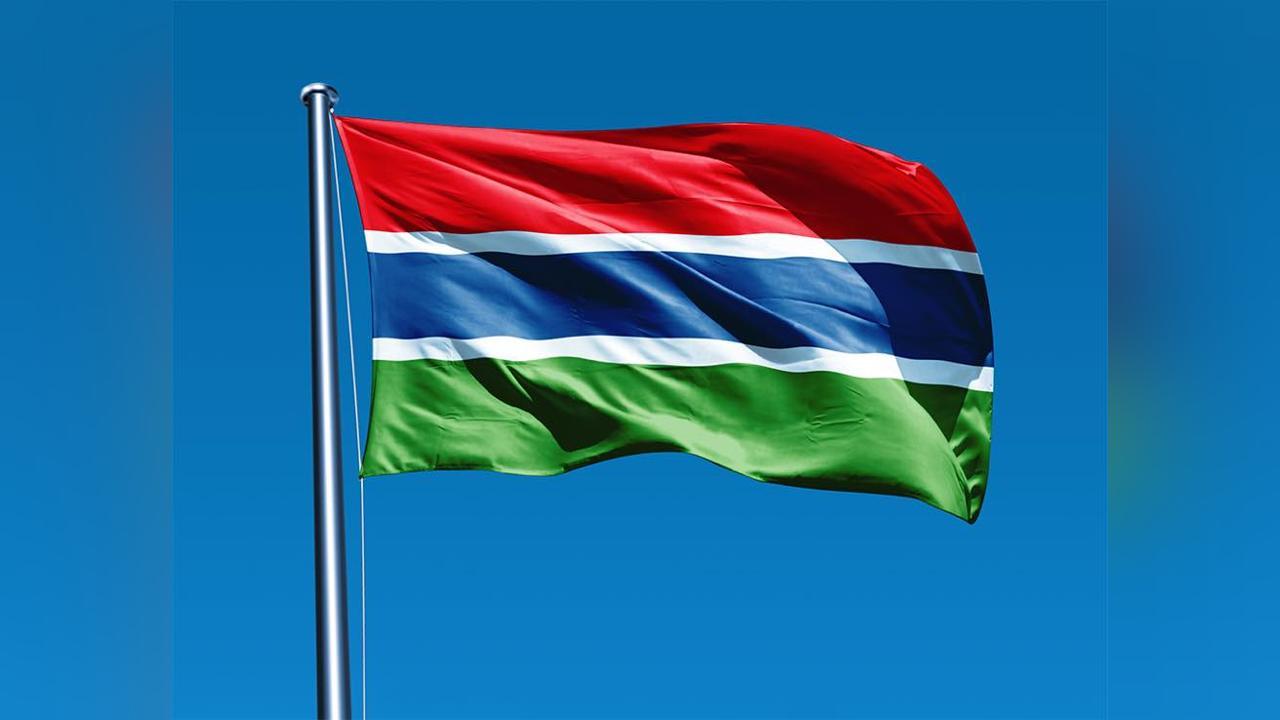Africa-Press – Gambia. Surahata Janneh, former chairperson of the Janneh Commission, testified on Tuesday before the National Assembly Select Committee on the sale and disposal of assets belonging to former President Yahya Jammeh. He emphasized that the Commission operated with complete independence and without any political interference throughout its mandate.
“I have never been a member of any political party. Of course I vote; whether it’s a constituency or presidential election, I vote, but I have never joined a political party. Whether in the time of Jawara or Jammeh,” he said.
He added that impartiality, honesty, transparency, and accountability were core principles instilled in all members of the Commission from the outset.
Addressing questions about the Commission’s financial management, Janneh explained that commissioners received their remuneration through the Attorney General’s Office, while others may have been paid by different ministries, such as Finance or Justice. “Maybe the ministry of finance, maybe the ministry of justice,” he said.
On recruitment, Janneh noted that the lead counsel was assigned a significant number of personnel and was responsible for handling investigators. He emphasized the scale of the Commission’s work, stating, “We are dealing with a huge, it is unbelievable, what we had to do. So many subjects all over the place, and the accounts were just tremendous. We have to gather evidence not only on Yahya Jammeh but also on his close associates and family members, so obviously we need a lot of investigators, and those investigators were handled by the lead counsel,” he said.
Janneh clarified that the investigators worked independently of the commissioners and that all statements and affidavits were vetted and submitted through the legal team. “We never contacted the investigators directly; they will come with their investigations, taking statements and so on, and then, having signed the statements or affidavits, they will hand it over to the lead counsel, and she and the other counsels will hand over what was relevant to us,” he said.
The witness was asked to explain the process of preparing the Commission’s budgets, particularly the initial startup budget, and to clarify who was responsible for its formulation.
In his response, he stated that the Ministry of Justice was solely responsible for preparing the startup budget, as the Commission itself did not have its own budget framework. He explained that the Minister of Justice prepared and submitted the draft budget, which was then reviewed in a general discussion involving all relevant parties at the Ministry’s office.
He further noted that the Commission was given a three-month timeframe to complete and submit its report.
Regarding the final report, the witness stated that it comprised approximately 1,600 pages and was produced entirely by the commissioners, with support from the lead counsel. He emphasized that no external personnel were hired for the drafting or compilation of the report.
“When you have a big commission like this. You had to deal with cattle, land as far as the assets are concerned. Shareholdings, boats, cars and we divided the assets into three categories.” he said.
The witness also noted that, according to newspaper reports, several luxury vehicles remained parked at State House, unused and gathering dust. He further pointed out that the shareholdings under investigation involved significant sums of money in some of the country’s most high-value companies.
When asked whether the Commission provided allowances to public servants working within the Commission, the witness said he could not confirm if such payments were made.
He did confirm, however, that the commissioners, the lead counsel, and the secretary were all consulted during the preparation of the Commission’s budget. In response to a question about the timeframe covered by the budget, he clarified that it was intended to cover a three-month period.
The witness was also asked whether the Commission had implemented any administrative measures to safeguard its institutional independence from external influence, particularly from the Ministry of Justice or the Government of The Gambia.
“As far as I am concerned, the minister of justice whilst we were dealing with matters never contacted us. I will speak for myself. I don’t know about the other commissioners, but I have a feeling other commissioners were never contacted by him. I can assure you, as far as I am concerned, I was left to do my thing,” he said.
The witness recalled receiving a letter from the Secretary General indicating that the Cabinet had made a decision instructing the Commission to take certain actions. He stated that he firmly rejected the directive.
“I said they have no right to tell us that they have decided. I resist that totally to the extent where if they had continued, I would have resigned. I am a very independent person,” he said.
For More News And Analysis About Gambia Follow Africa-Press






